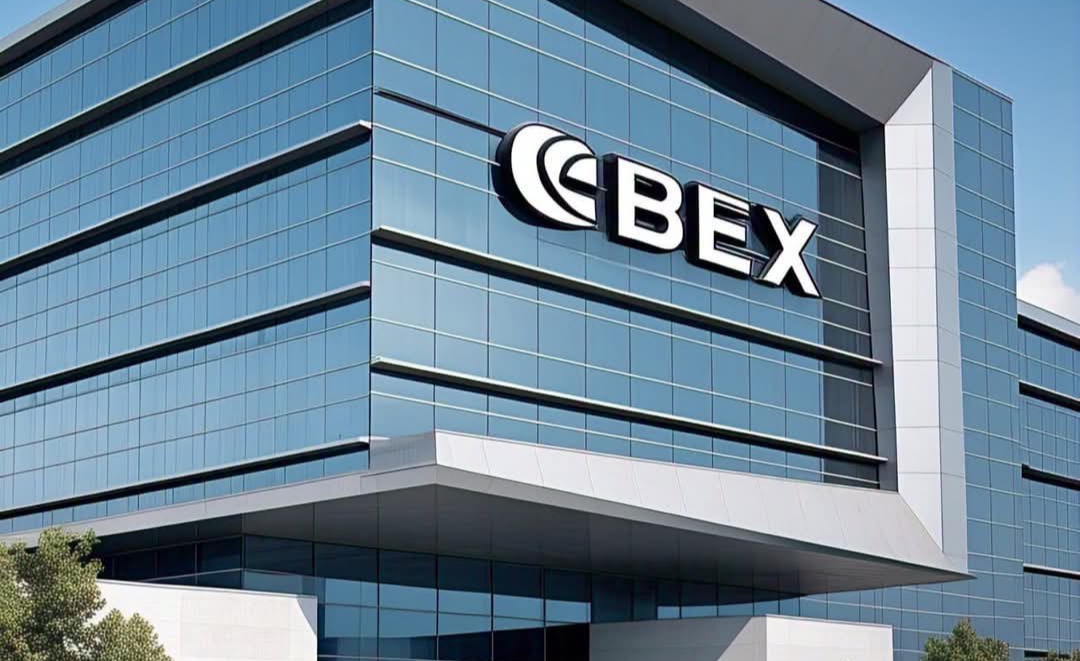CBEX Restores Subscribers’ Balances
Asks victims to make fresh deposit
Summary
- CBEX resumes platform access, shows prior balances but demands new deposits to “verify” accounts
- Experts and financial regulators warn it’s a tactic to exploit victims further
- EFCC continues investigation with international support, urges public caution
Abuja, Nigeria — The Crypto Bridge Exchange (CBEX), a cryptocurrency platform previously identified as a Ponzi scheme, has reportedly resumed operations as of June 10, 2025, two months after its collapse in April.
The platform, which left over 600,000 investors, mostly Nigerians, reeling from an estimated ₦1.3 trillion ($800 million) in losses, has now restored subscribers’ access to their account dashboards, displaying pre-collapse balances.
However, in a controversial move, CBEX is requiring investors to make fresh deposits—$200 for those with account balances over $1,000, and $100 for those with less—in order to “verify” their accounts and enable withdrawals. Financial analysts and cybersecurity experts have denounced this as a deceptive ploy aimed at extorting additional funds from desperate victims.
“This is a classic Ponzi tactic,” one expert noted. “They collapse, go silent, then reappear offering false hope while demanding more money.”
CBEX initially launched in Nigeria in July 2024, luring investors with promises of 100% returns within 30 days through what it claimed was an AI-powered crypto trading engine. Investigations revealed that no real trading occurred; instead, old investors were paid returns from the deposits of new ones.
The platform also used referral incentives and imposed a withdrawal lock-in period of 30 to 45 days with penalties, which helped delay inevitable payouts and collapse.
The Economic and Financial Crimes Commission (EFCC) is actively investigating the scheme. In collaboration with Interpol and the FBI, the EFCC has arrested several suspects, traced funds across borders, and declared others wanted.
The agency has clarified that CBEX operated under ST Technologies International Limited, a company registered as a consultancy, not a trading platform, with fraudulent certificates used to bolster its legitimacy.
The Securities and Exchange Commission (SEC) has deemed CBEX’s operations illegal under the newly enacted Investments and Securities Act (ISA) 2025, which prescribes up to 10 years’ imprisonment and ₦40 million in fines for Ponzi scheme operators.
On social media platform X, users expressed deep skepticism, with handles like @abdullahayofel and @Gistme9j calling the new deposit request “Scam 2.0.” Many victims, including a UK-based investor who lost £9,000, have shared reactions online, highlighting the emotional and financial toll of the scam.
The EFCC has reiterated that CBEX was operated by foreigners who used Nigerian citizens as fronts to gain registration and public trust. As investigations unfold, authorities are urging the public not to fall for the “restored balance” gimmick and to avoid sending more money.
Experts say schemes like CBEX continue to thrive in Nigeria due to a mix of economic hardship, rising unemployment, and misplaced trust in promises of quick wealth—echoes of past scams like MMM.
Authorities are emphasizing education, vigilance, and stronger enforcement to protect citizens from similar fraud in the future.







